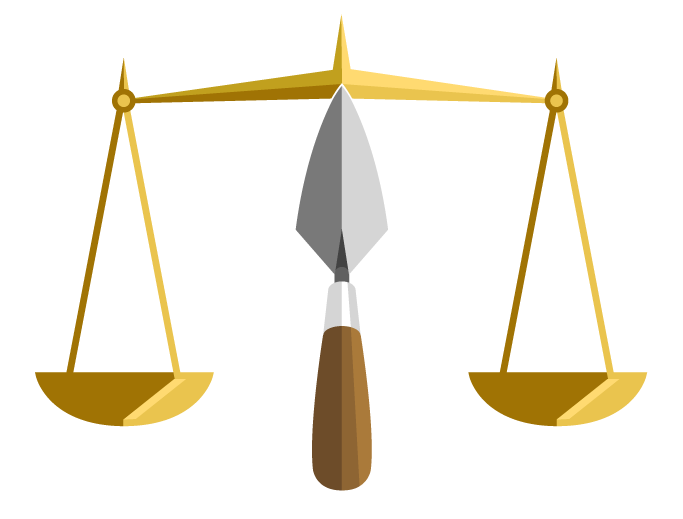articles
Digging In: An In - Depth Look At The Archaeological Resources Protection Act: The Archaeological Perspective
Originally Published by the Rocky Mountain Mineral Law Foundation, July, 2010
By: Dr. Christopher Dore
Tel: 510-381-2889
Email Dr. Dore
View Profile on Experts.com.
§ 14B.0l Introduction*
This chapter provides an archaeological perspective on the Archaeological Resources Protection Act of 1979 (ARPA).1 The legal perspective on ARPA is presented in Chapter 14A. In particular, this chapter focuses on archaeological issues that are relevant to the legal community in the defense of civil litigation.This chapter does not discuss the new Paleontological Resources Protection Act (PRPA)2 a subtitle within the Omnibus Public Lands Management Act of 2009,2.1 since archaeology is scientifically distinct from paleontology in methods, approaches, theory, and ethics. However, given that ARPA was a model for PRPA, much of what is presented here regarding the practical lessons learned about ARPA may assist those defending clients under PRPA.
Typically, ARPA investigations and case work involve distinct, complementary professional contributions from archaeologists and investigators, and, in criminal cases, prosecutors. This team approach has evolved from prosecutions under the criminal provisions of ARPA, which have been historically more common. Under this approach, the archaeologist fulfIlls a scientific support role in the investigation and takes the lead in the valuation of damage. The investigator manages the archaeological incident scene and leads the investigation, while the prosecutor develops the legal case. Team members have their own areas of expertise and responsibility and their working together is necessary for successful case management.
While the civil provisions of ARPA are distinct from its criminal provisions, the approach developed for criminal investigations remains the standard model for civil cases. The archaeologist will produce a valuation of damage, using the same method in civil cases as is used in criminal cases. Investigators are still needed to support the non-archaeological aspects of a case. Damaged archaeological resources are best managed as crime scenes, as they would be in a criminal ARPA case. The role of attorneys tends to be even more central in civil cases than in criminal prosecutions because in criminal cases law enforcement agents and investigators are the "first responders:" while in civil cases the attorney usually receives the first call from a client. For this reason legal professionals need solid familiarity with the ARPA process from an archaeological point of view. The attorney will have to decide both when to retain and how to use the archaeologist. This chapter provides information to guide the attorney in making these decisions.
§ 14B.02 Valuation
The value of damage to archaeological resources is defined by three measures: (1) archaeological value; (2) commercial value; and (3) the cost of restoration and repair. While these measures are mentioned in the ARPA statute,3 they were not defined until regulations4 were issued in 1984.Archaeological value is the key measure but also the most problematic. It has been occasionally disregarded and discounted by judges in criminal cases.5 The concept of archaeological value recognizes that heritage resources are different from other types of property that can be damaged, stolen, or impacted. Paint sprayed by vandals on the side of a cinder-block equipment shed in a national park is not as damaging as paint sprayed across an area of prehistoric rock art adjacent to the shed. In the latter case our national heritage, an irreplaceable resource, has been harmed, and this damage is recognized as having a higher value. The criminal activity may be the same, but the value of the damage is greater. Archaeological value captures this intangible loss of information about the past.
Dr. Christopher D. Dore, a Registered Professional Archaeologist, provides expert witness services in the fields of archaeology, anthropology, and cultural resource/heritage management. His expert services focus on the investigation, damage assessment, and valuation of damage resulting from impacts to archaeological resources under the Archaeological Resources Protection Act and other laws. With an MBA in addition to his doctoral degree in anthropology, Dr. Dore is particularly sought after for cases involving the valuation of damage. In addition to services focused on the protection of archaeological resources, Dr. Dore also provides expert services on topics of cultural resource compliance under laws such as the National Historic Preservation Act, California Environmental Quality Act, and the National Environmental Policy Act.
©Copyright - All Rights Reserved
DO NOT REPRODUCE WITHOUT WRITTEN PERMISSION BY AUTHOR.


